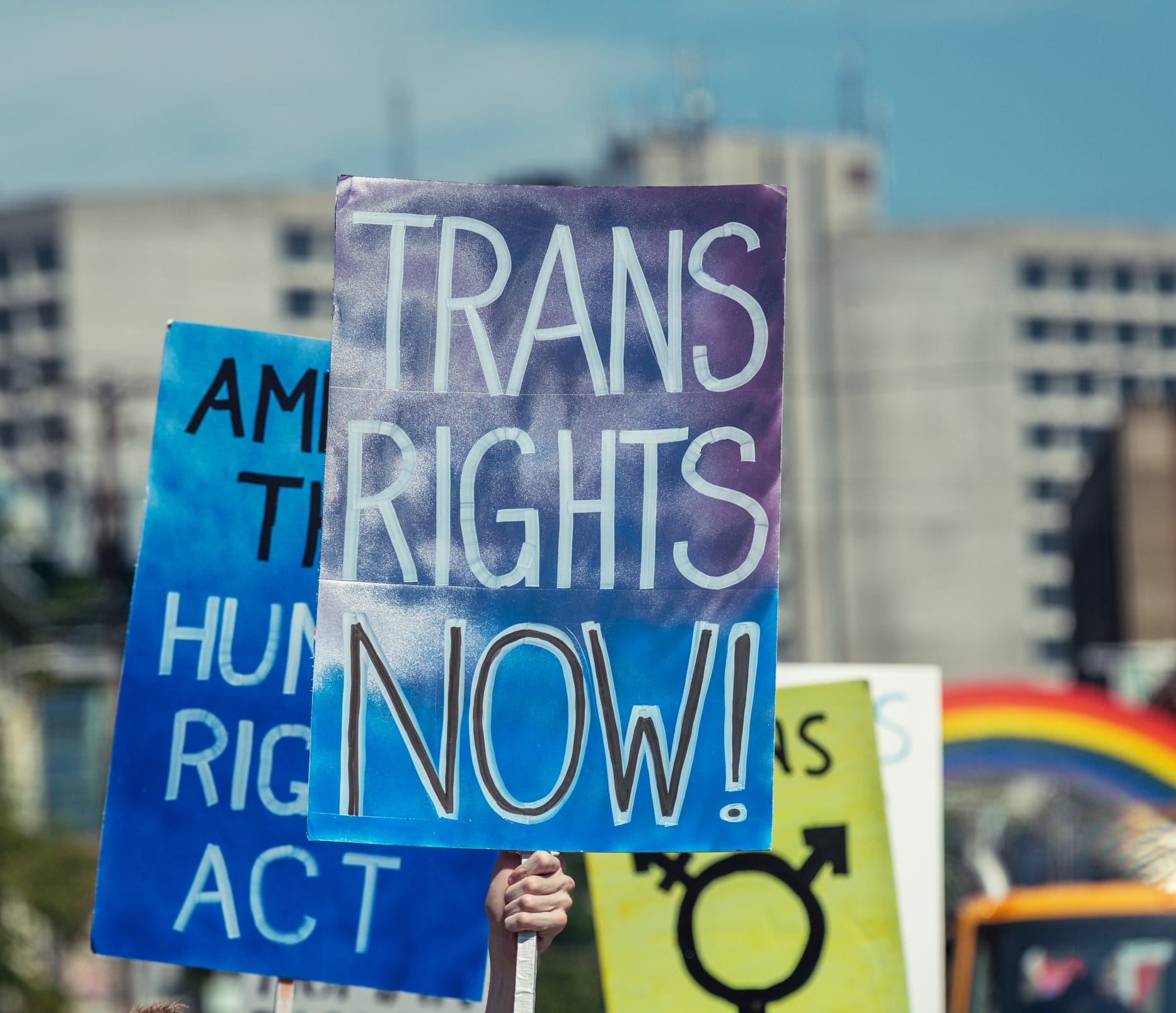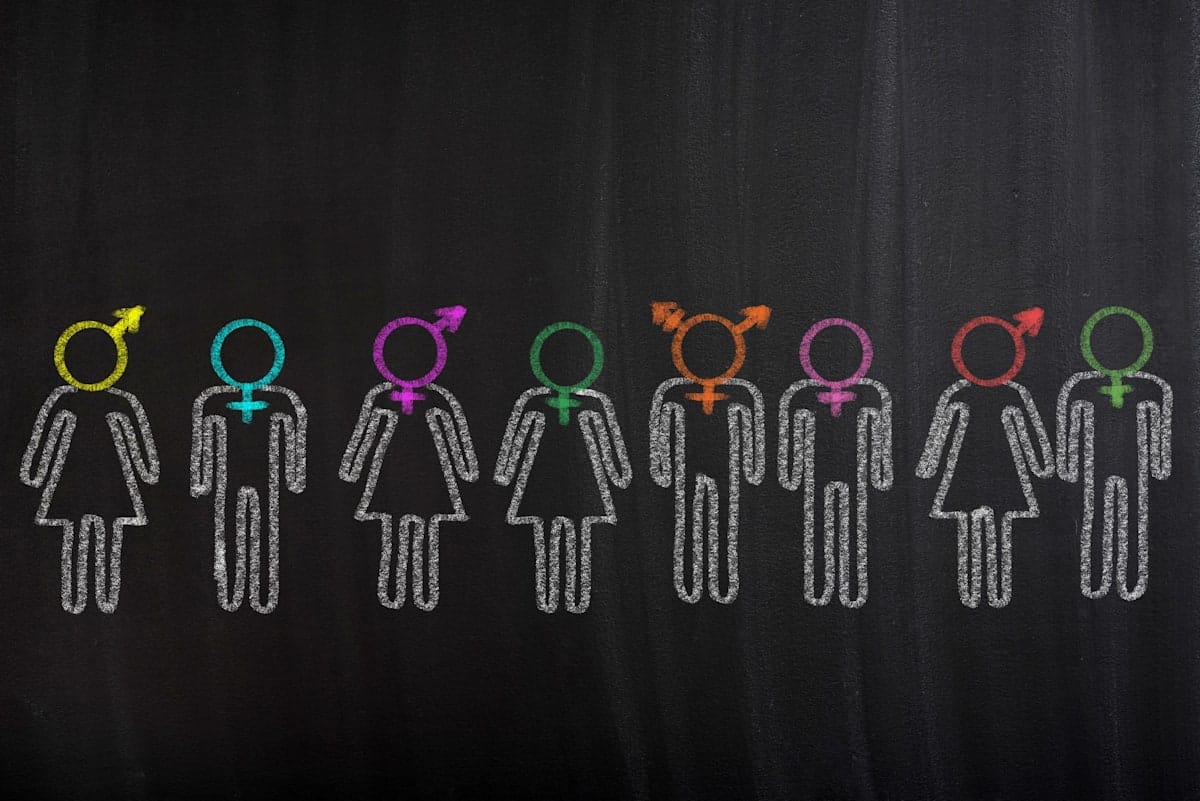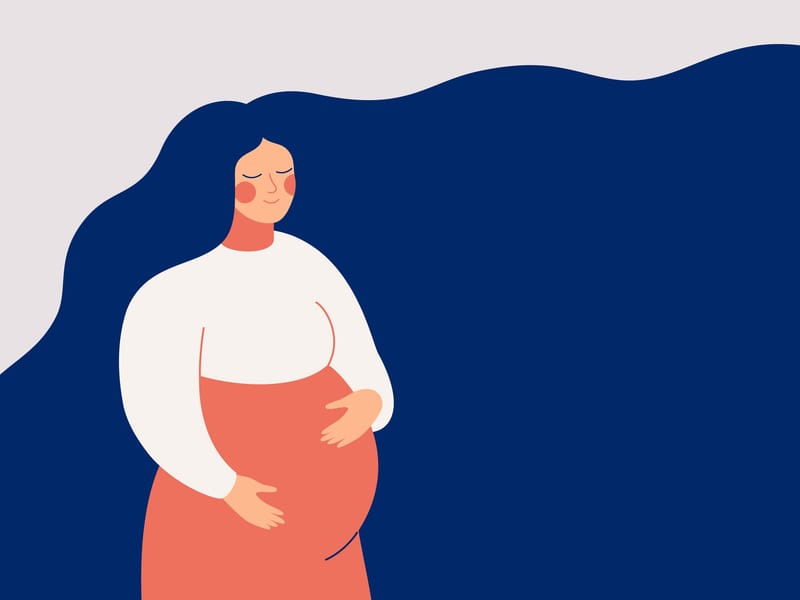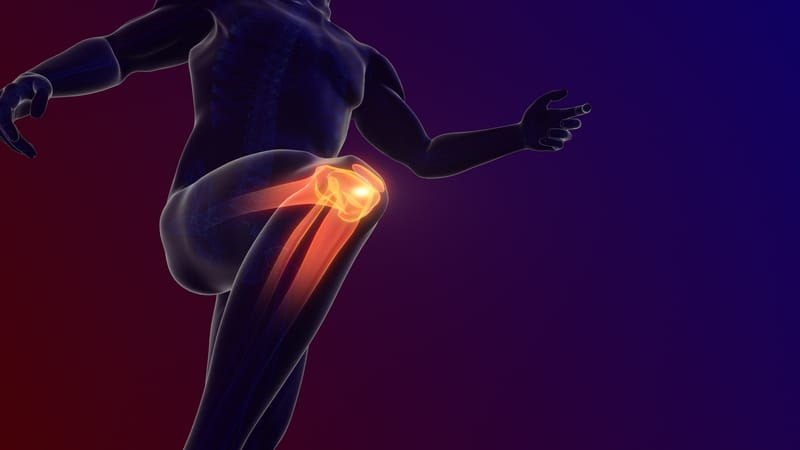
Transgender people once again find themselves in the middle of a media storm, stemming from a clash between anti-trans groups (including neo-Nazis) and trans and gender-diverse (TGD) people in front of Parliament House in Melbourne on 18 March.
The initial spark was when British woman Kellie-Jay Keen-Minshull, also known as Posie Parker, brought her anti-trans “Let Women Speak” rally to the steps of Victoria’s parliament.
Keen-Minshull has held similar rallies in other cities around the world, but this particular event took a violent turn when a group of about 20 neo-Nazis turned up in support of the anti-trans rally.
Clad in black and performing the Nazi salute, a fire of hatred, intolerance and bigotry was unleashed on the doorstep of the symbol of Victoria’s democracy.
This isn’t the first time Posie Parker (and her movement) has been linked with white nationalists, but the Melbourne event exposed this unholy alliance to the general public.
What happened in Melbourne last Saturday, and the anti-trans voices and actions taken by high-profile politicians and political candidates such as Katherine Deves and Mark Latham, take a significant toll on the trans community, particularly young TGD people.
There’s a significant body of scholarly research showing that TGD people have poorer mental health outcomes than their peers. Stigma, discrimination, exclusion, negative media commentary and hateful public attacks all contribute to psychological harm and poor mental health among vulnerable trans youth.
A path of transphobic hate
The anti-trans rallies Keen-Minshull is leading across Australia have fuelled concerns we may be going down the same path of transphobic hate currently evident in the US and UK.
Thirty-six of the 50 states that comprise the US have introduced bills that seek to marginalise trans people and fundamentally breach their human rights.
Most of the proposed laws target trans youth – seeking to prevent trans girls and women from playing on female sports teams, banning TGD persons from using bathrooms and locker rooms that align with their gender identity, and denying access to gender-affirming medical care.
The most recent example of the enactment of such laws is in Kentucky, where earlier this month, a bill was passed that’s has been described as the worst anti-trans law in the country, not only banning gender-affirming healthcare for trans youth, but also requiring doctors to de-transition young trans people, and preventing schools from discussing gender identity or sexual orientation with students of any age.
Read more: Mark Latham’s controversial anti-trans kids bill hits constitutional roadblock
In the UK, the rights of trans people have similarly become a highly divisive political issue. In December 2022, Scotland passed the Gender Recognition Reform (Scotland) Bill, which removed barriers for transgender people to legally change their gender. There was overwhelming support for this law reform, with the legislation passing with 86 votes in favour, and 39 against.
However, in January, the UK government, in an unprecedented move, vetoed the bill. Nancy Kelley, the CEO of the LGBTIQ+ advocacy group Stonewall, said the veto decision “treats trans people as a threat to be contained, not citizens to be respected”.

What can Australia do?
There are many steps we can – and should – take to ensure that Australia doesn’t go down the anti-trans path the US and UK are pursuing.
First, we need to strengthen our laws to better-protect the dignity and rights of TGD people. This includes:
- ensuring nationally consistent laws that allow trans people to change their birth certificate to reflect their gender identity without having to undergo invasive medical or surgical procedures
- enacting human rights legislation, such as a federal human rights act, to safeguard the fundamental human rights of TGD people (Australia is the only Western nation without a national bill of rights)
- strengthening legal protections against hate speech and vilification, not only by banning the Nazi salute (as Dan Andrews has proposed), but by enacting broader legislation to cover other forms of vilification.
In addition to law reform, we need to increase understanding of, and respect for, TGD people.
This can happen in a number of ways. For example, in schools, in addition to learning about important issues such as consent, and sexual and reproductive health, students should also be learning to respect the rights of all people to be treated with dignity and equality, regardless of their sexual orientation, gender identity, sex characteristics, religion, race or disability.
We also need a comprehensive public awareness campaign promoting understanding and acceptance of TGD people.
This could initially be focused on key dates such as International Women’s Day (8 March), Trans Day of Visibility (31 March), and Transgender Day of Remembrance (20 November), which recognises the many trans people who have been killed in transphobic hate crimes.
Drawing on existing resources
Australia doesn’t have to reinvent the wheel when it comes to developing such campaigns. Many resources already exist that Australia can draw upon in developing such campaigns, including the United Nations’ Unbox Me campaign.
We must be proactive in ensuring that Australia doesn’t mirror the transphobic environment on display in the US and UK.
We should look to our Pacific neighbours for guidance on how to better-respect and embrace gender diversity.
The respect that the Faʻafafine community enjoys in Samoa, and the Fakaleitis in Tonga, would be a welcome relief for TGD people in Australia, after the recent violence and poison that they’ve been subjected to here.





